Importance of Marine Radios at Sea
The vastness of the open sea presents challenges and uncertainties that demand effective communication tools to ensure the safety of maritime operations. Among these tools, marine radios stand out as indispensable lifelines that play a crucial role in emergencies. In this article, we explore the pivotal role of marine radios in addressing emergency situations at sea and the vital functions they serve in safeguarding lives and vessels.
Functionality of Marine Radios for Communication
Marine radios serve as the primary means of communication for vessels at sea. Their functionality extends beyond conventional two-way radios, offering the capability to transmit and receive vital information across specified maritime frequencies. These radios are specially designed to withstand the harsh marine environment, ensuring reliable communication even in challenging conditions such as adverse weather, heavy seas, or low visibility.
Emergency Protocols and Procedures for Using Radios
In emergency situations, standardized protocols and procedures are crucial for effective communication. The International Maritime Organization (IMO) has established guidelines for maritime emergency communication, emphasizing the use of marine radios to relay distress signals. Crew members are trained to follow these protocols, which include the use of specific frequencies for distress calls, the internationally recognized distress signal “Mayday,” and other standardized communication practices.
Role of Marine Radios in Distress Calls
The ability to broadcast distress calls is one of the paramount functions of marine radios. Distress calls, typically initiated with the urgency-filled word “Mayday,” convey critical information about the nature of the emergency, the vessel’s position, and the number of people on board. The marine radio’s reach and reliability in distress situations make it an essential tool for quickly alerting nearby vessels, maritime authorities, and search and rescue teams to the urgent need for assistance.
Advantages of Using Marine Radios Over Other Methods
While modern technology offers various communication methods, marine radios remain unmatched in certain aspects, particularly in emergency situations. Unlike mobile phones, marine radios don’t rely on cellular networks, ensuring communication continuity even in remote areas or during network failures. Additionally, marine radios operate on dedicated maritime frequencies, allowing for clear and direct communication without the potential congestion often experienced on other communication channels.
Case Studies of Successful Radio Communications at Sea
Numerous real-life scenarios highlight the critical role of marine radios in emergency situations. One notable case involved a vessel experiencing engine failure in rough seas. The distressed captain utilized the marine radio to transmit a Mayday call, prompting a nearby ship to respond and provide assistance. The effective communication facilitated a successful tow operation, preventing the vessel from drifting into more perilous waters.
Another case involved a medical emergency on board a yacht far from the coastline. The crew utilized the marine radio to establish contact with maritime authorities, enabling them to coordinate a timely medical evacuation. The radio’s reliability and immediate accessibility played a decisive role in the successful resolution of the emergency.
Marine Radios Vital for Safety at Sea
In the dynamic and often unpredictable maritime environment, the role of marine radios in emergency situations cannot be overstated. Their functionality, standardized protocols, and ability to transmit distress calls make them invaluable tools for ensuring the safety of vessels and their crews. The advantages of using marine radios over other communication methods, coupled with real-life case studies demonstrating their effectiveness, underscore their vital role in safeguarding lives and maintaining the resilience of maritime operations. As technology continues to advance, marine radios remain a cornerstone of safety at sea, serving as the reliable bridge that connects vessels with assistance when it is needed most.

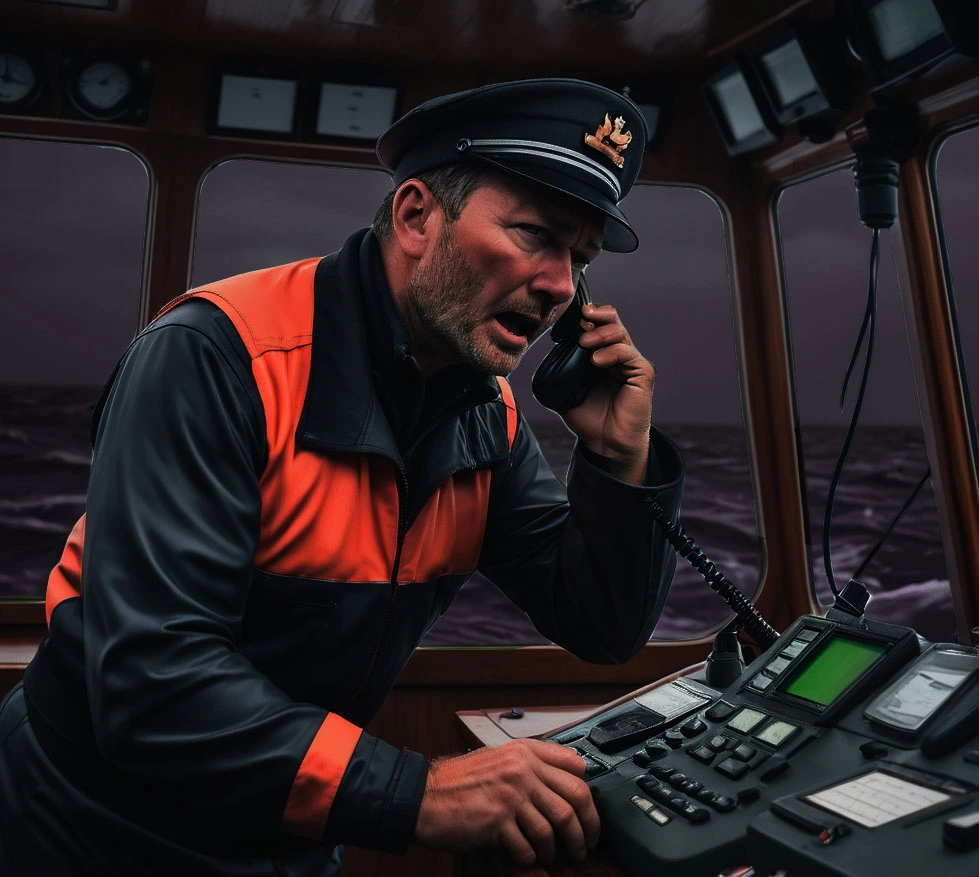
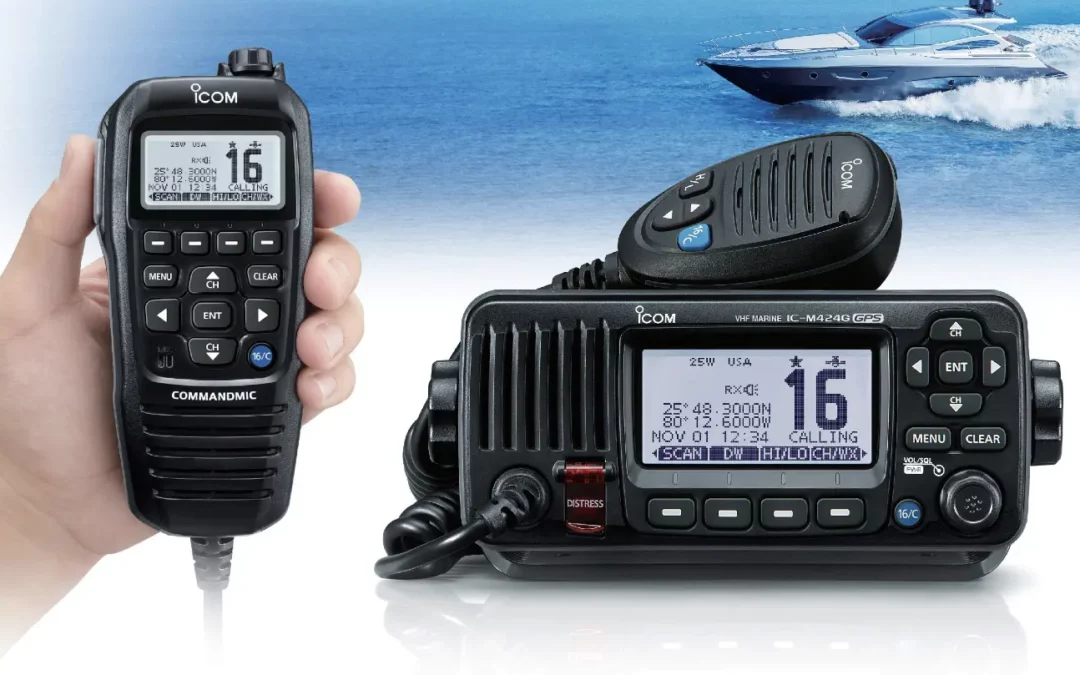

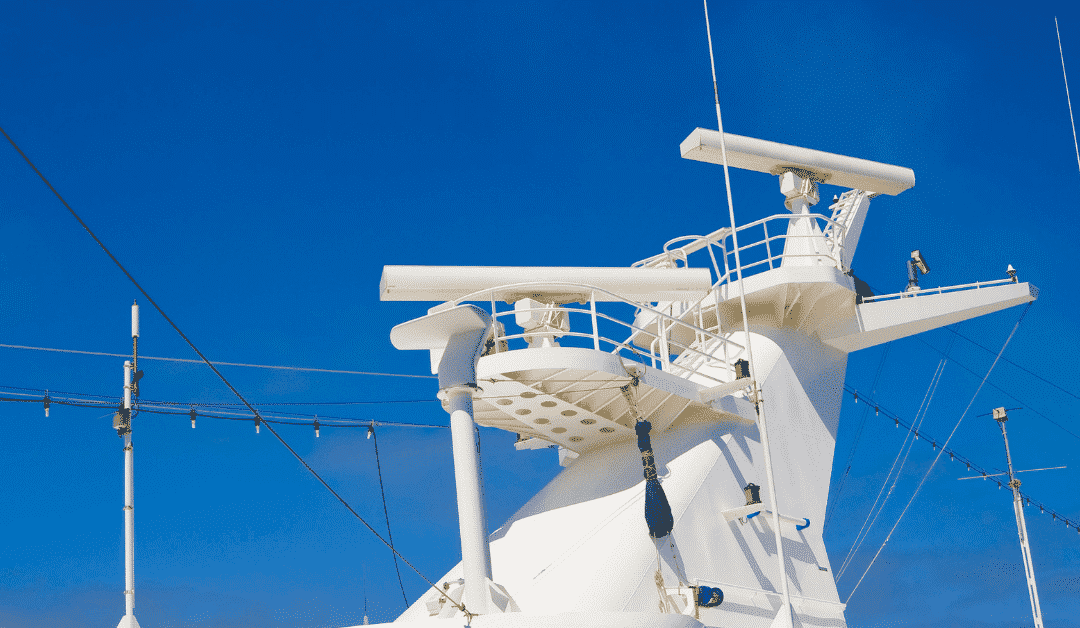
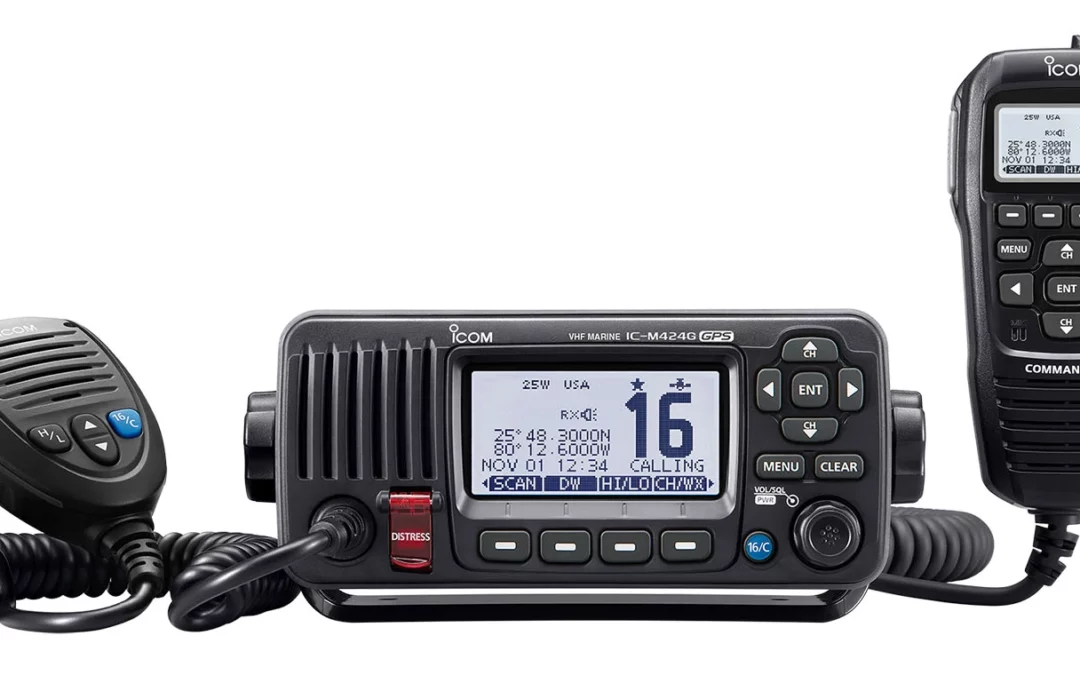
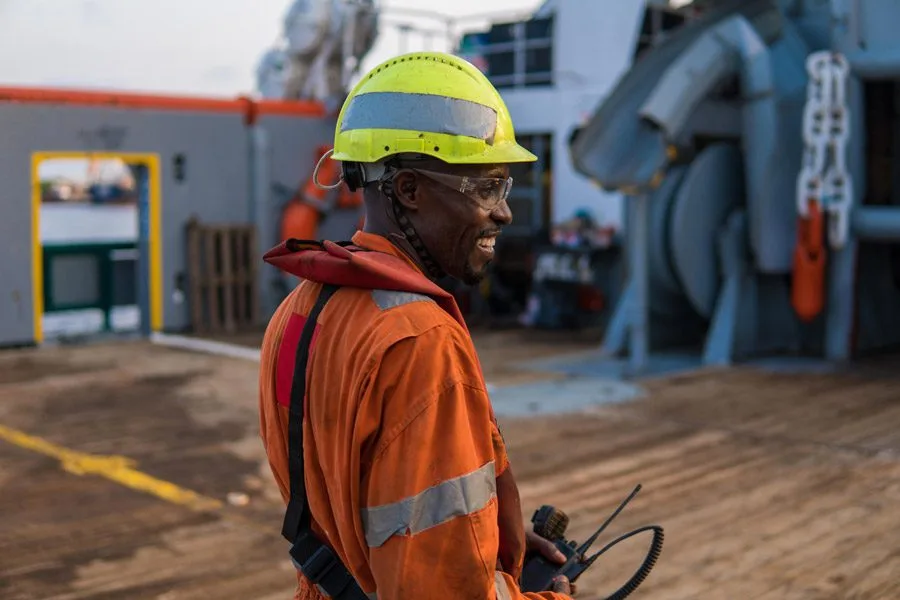
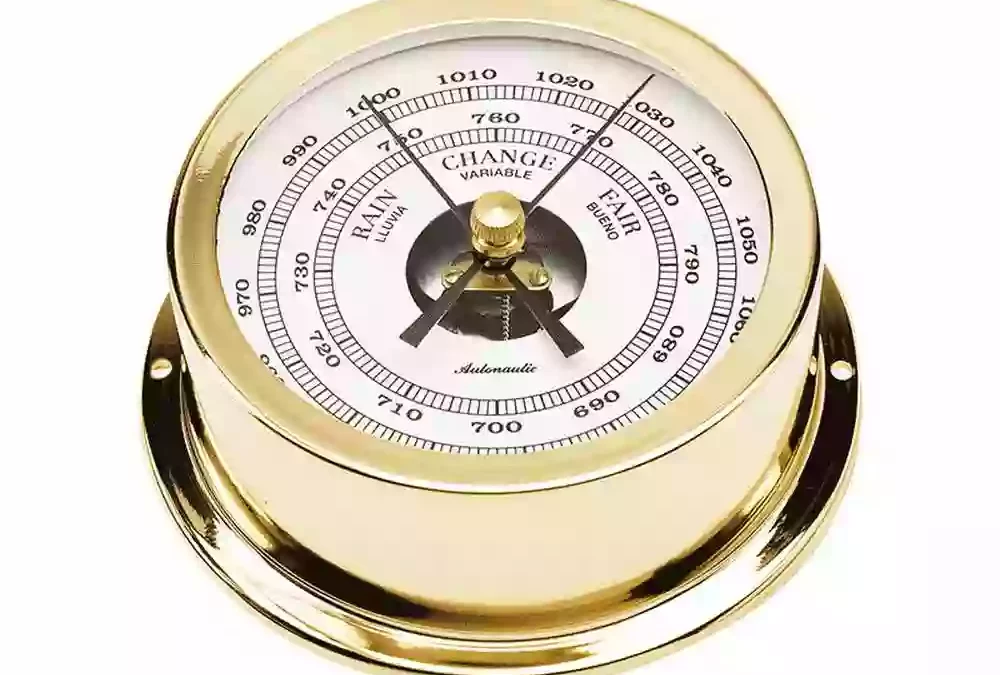
0 Comments